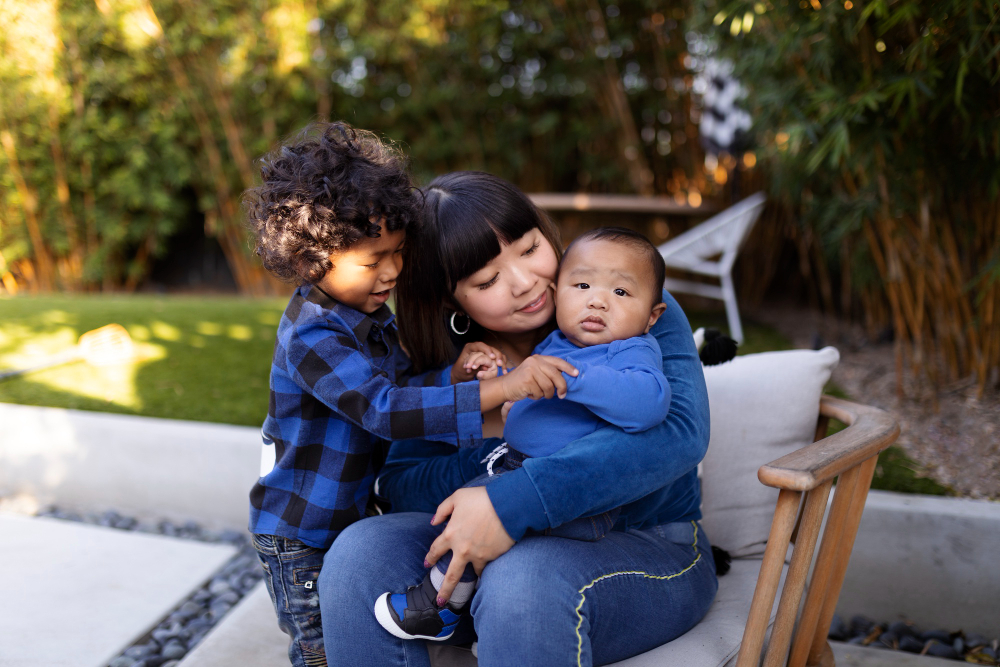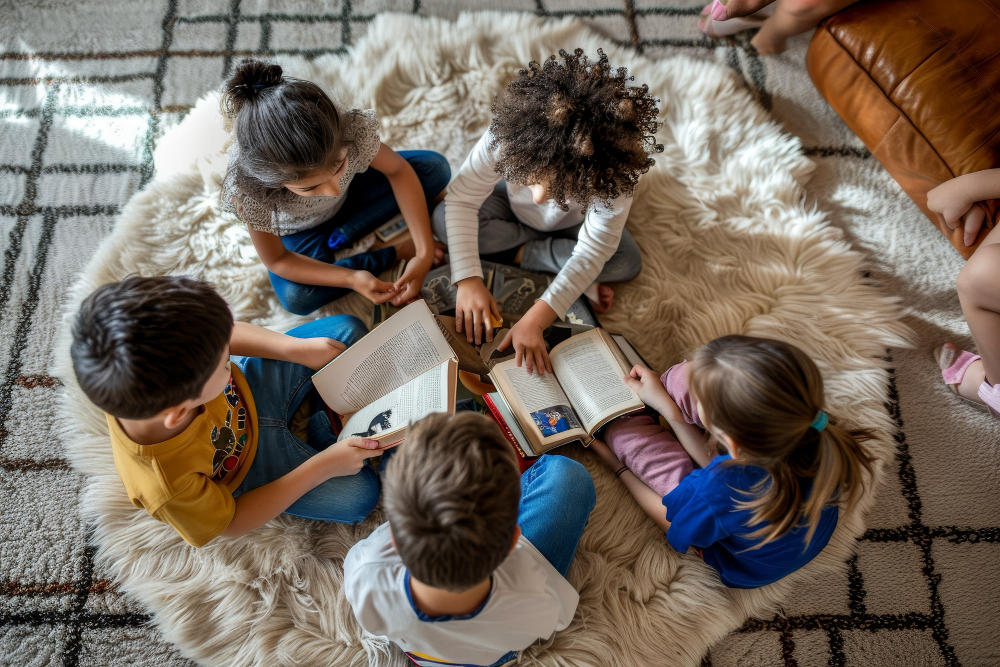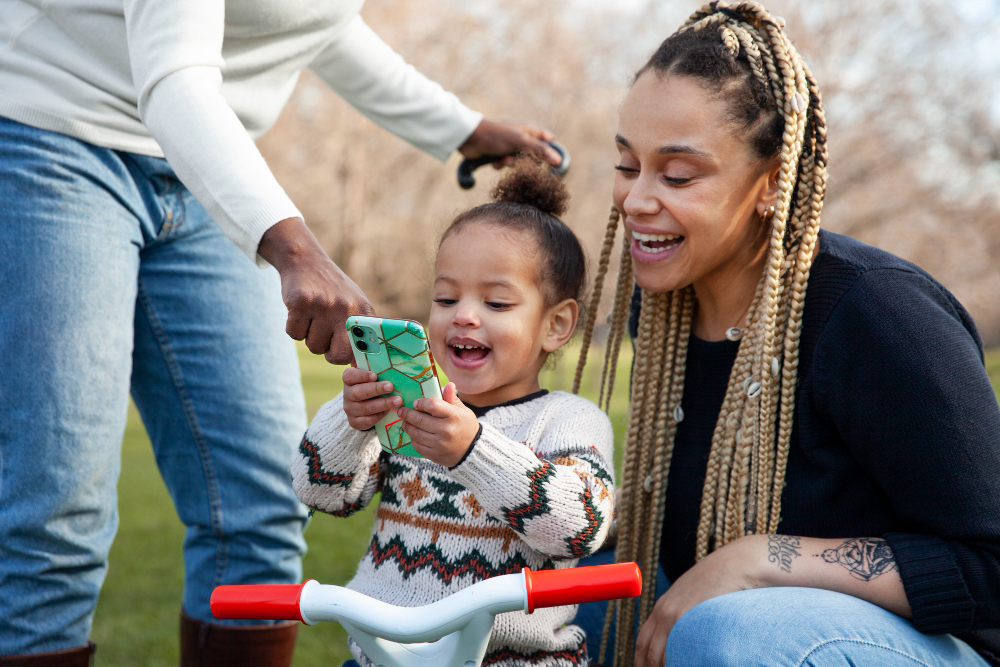2Aug
Developing Social Skills in Toddlers
Helping toddlers develop social skills is a vital part of their emotional and cognitive growth. As parents, we play a key role in guiding them through these early interactions, setting the foundation for their future relationships and social confidence.

Encouraging Social Interaction
- The Importance of Playdates
Playdates are an invaluable tool for fostering social skills in toddlers. They provide a safe and familiar environment where children can interact with their peers, practice sharing, and learn to communicate effectively. By organising regular playdates, you give your toddler the opportunity to navigate social dynamics, build friendships, and develop empathy. These experiences are essential for their emotional development and help lay the foundation for positive social interactions as they grow.
- Organising Playdates
Playdates are an excellent way for toddlers to learn social skills in a familiar environment. Invite a few children over and supervise as they interact. This helps toddlers practice sharing, turn-taking, and communicating with peers.
- Structured vs. Unstructured Play
Balance structured activities with free play. Structured activities like puzzles or building blocks teach cooperation, as toddlers must work together to achieve a common goal. These activities also help develop problem-solving skills and patience. On the other hand, unstructured play allows toddlers to explore social interactions at their own pace, fostering creativity and independence. During unstructured play, children can initiate their own games, make their own rules, and learn how to navigate social situations more organically. This balance ensures that toddlers gain the benefits of both guided interaction and free exploration.

Teaching Vital Skills
- Role-Playing Games – Pretend Play
Encourage pretend play scenarios where toddlers have to share resources, like cooking in a play kitchen or building a city with blocks. This helps them understand the concept of sharing in a fun and engaging way.
- Turn-Taking Games
Introduce games that require taking turns, such as board games or simple card games. These activities teach patience and the importance of waiting for one’s turn.
- Praise and Rewards
Acknowledge and praise your toddler when they share or cooperate with others. Positive reinforcement encourages them to repeat these behaviours.
- Modelling Behaviour
Demonstrate sharing and cooperation in your interactions with others. Toddlers learn by observing adults, so showing them how to share and cooperate can be very effective.
Creating Opportunities for Social Growth
- Joining Playgroups
Join local playgroups where toddlers can regularly meet and interact with peers. These groups provide a consistent environment for practicing social skills, and the added benefit of some much-needed adult time for you.
- Parent-Child Activities
Schedule in some activities that involve both parents and children, such as family yoga or craft sessions. Even going for a coffee and a baby-chino is a great way to spend some one-on-one time with your little one.
- Music and Movement Classes
Enroll your toddler and yourself in music and movement classes. These classes encourage social interaction through group activities like dancing, singing, and playing instruments together, letting your little one express themselves in a safe environment.
- Storytime Sessions
Local libraries and book shops often host story time sessions. These gatherings provide an opportunity for toddlers to listen to stories outside of just their usual bedtime routine.
- Selecting the Right Environment
Choose a school or creche that emphasises social development. Look for programs that include group activities and encourage collaborative play over structured lessons.
- Teacher Involvement
Communicate with teachers about your toddler’s social progress and ask for feedback. Teachers can provide insights and suggest activities to support social growth at home wherever there are gaps.

Developing social skills in toddlers is essential for their overall development. By encouraging social interaction through playdates, group activities, and role-playing games, you can help your child learn to share, cooperate, and build meaningful relationships. Start incorporating these tips into your routine and watch your toddler thrive.
Have you found effective ways to teach social skills to your toddler? Share your tips and stories with us in the comments below.
